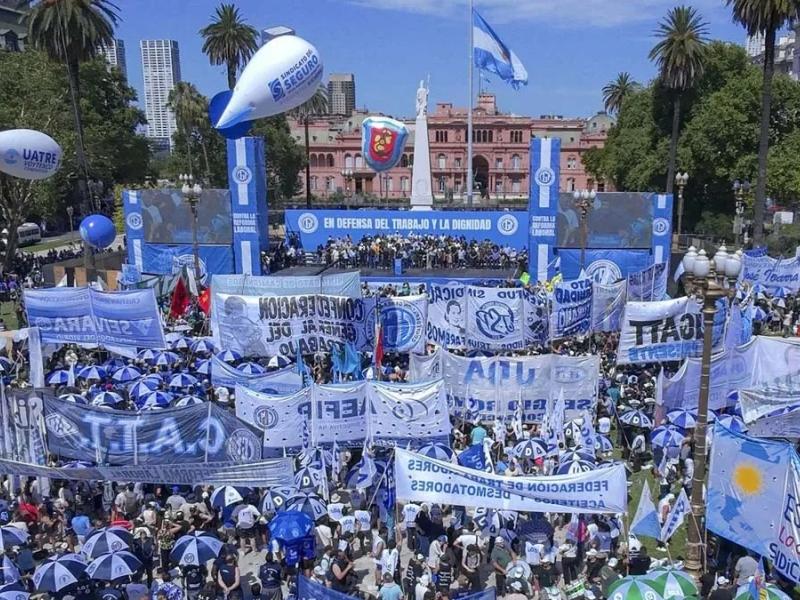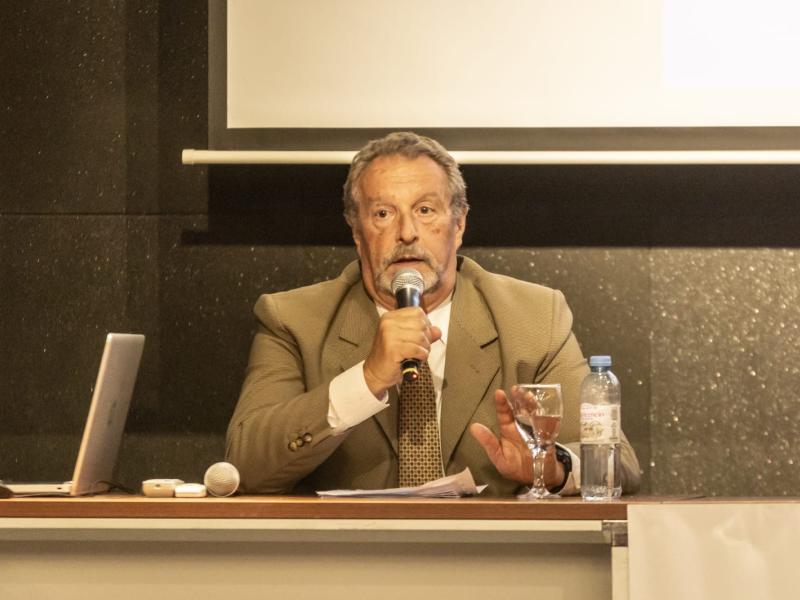Women union leaders from across Francophone Africa came together in Lomé last month for a powerful three-day leadership seminar organised by the International Transport Workers’ Federation (ITF).
The gathering brought together 23 women from 12 countries, representing sectors from ports to public transport, aviation to road freight. These women play key roles in their unions and within ITF structures; as members of ITF’s National Coordinating Committees, ITF’s National Women’s Committee and ITF’s governance bodies.
For many, this was more than a workshop. It was a space to build power, share experiences and shape the future of the transport workers’ movement in Francophone Africa.
Breaking barriers, building leadership
Sessions focused on equipping women with the tools to grow their leadership and build union power: tackling obstacles such as underrepresentation and the challenges of organising women transport workers in male-dominated sectors.
A highlight was the candid discussion with Anika Manavi (Vice-Chair of the ITF Women Transport Workers’ Committee and union SYNTRAPAL), Mariama Diallo (member of the ITF Executive Board and union FT/UDTS) and Joelle Mputu (member of the ITF Executive Board and union SSTCC), who shared their own journeys from rank-and-file activists to union leaders at the global level.
For Mputu and Diallo, their election to the ITF Executive Board in 2024 marked a historic breakthrough: for the first time, women now hold half of the region’s seats on the Board. Nowhere else in the ITF has women’s representation reached this level.
“Our presence on the Board is not symbolic, it’s transformative,” said Mputu. “It means decisions will be made with women transport workers’ voices front and centre.”
Linking local struggles to global demands
The seminar also connected local action to ITF’s global vision, agreed at Congress in 2024, under the banner Transport Workers Moving the World Forward.
The workshop explored the ITF’s six global demands for change and the ITF’s global priorities for women transport workers and how they translate into national action plans – from addressing precarious work to securing climate justice and ensuring women’s equality in every campaign.
A special session on the ILO Convention 190 (C190), the landmark treaty against violence and harassment in the world of work, sparked lively debate. Representatives from government (Ms Galley Agbessi Maceline, Director of Standards and Relations in charge of developing and submitting ratified or unratified conventions to the ILO on behalf of the government) and one of the national trade union centres from Togo (Lawson Oloukounle Nadou, General Coordinator of STT) joined participants to discuss how to push for ratification and implementation across the region.
“C190 is a tool for change, but it will only make a difference if unions fight for it to be respected in workplaces,” said Assita Ouedraogo, ITF Africa Regional Women and Project Coordinator.
Honouring past struggles, inspiring future action
The opening ceremony drew support from across different stakeholders – with ITF leaders, union centre representatives and government officials all taking the floor.
The seminar also paid tribute to Sis. Rafa Gbadamassi, former Vice-Chair of the ITF Africa Dockers’ Section Committee and former Chair of the ITF Togo National Women’s Committee, who passed away just days before the meeting. A committed leader in Togo and across the region, her legacy was honoured by participants as they recommitted to continuing her work for equality and justice.
Momentum for change
For the ITF, the message is clear: without women transport workers at the decision-making table – in unions, with employers and governments – strategies will never reflect the realities of the workforce and progress towards equal access to safe and decent work for all will remain inadequate.
Workshops like Lomé are part of a broader push to ensure that women have the tools and networks to amplify their voices and collective power, and to make sure unions across Africa and beyond are stronger, more inclusive and ready for the challenges ahead.
“This is about building stronger unions and a fairer transport system,” said Manavi. “Women transport workers are not just participants in the industry: we are shaping its future.”
Opening ceremony attendees:
- Anika Manavi – ITF Togo National Women’s Committee Chair and global ITF Women Transport Workers’ Committee Vice-Chair
- Aziawor Yawo – ITF Togo National Coordinating Committee Chair
- Assita Ouedraogo – ITF Africa Regional Women and Project Coordinator
- Agbenou Komlan – General Secretary CSTT national centre and ITF Africa Regional Committee member
- Bayla Sow – ITF Africa Deputy Regional Secretary
- Claire Clarke – ITF Acting Women Transport Workers and Gender Equality Officer
- Dr. Ghislaine Saizonou Broohm – Coordinator of the Department of Equality and Social Protection, ITUC Africa
- General Secretaries from Togo national centres
- General Secretaries from the nine ITF affiliated unions in Togo
- Representative of the Minister in charge of Social Protection, Solidarity and Child Protection
- Representative of the Minister in charge of Maritime Economy & Coastal Protection
- The ceremony was officially opened by Dr. TINDANO, Secretary General of the Ministry of Road Transport, Civil Aviation and Maritime



